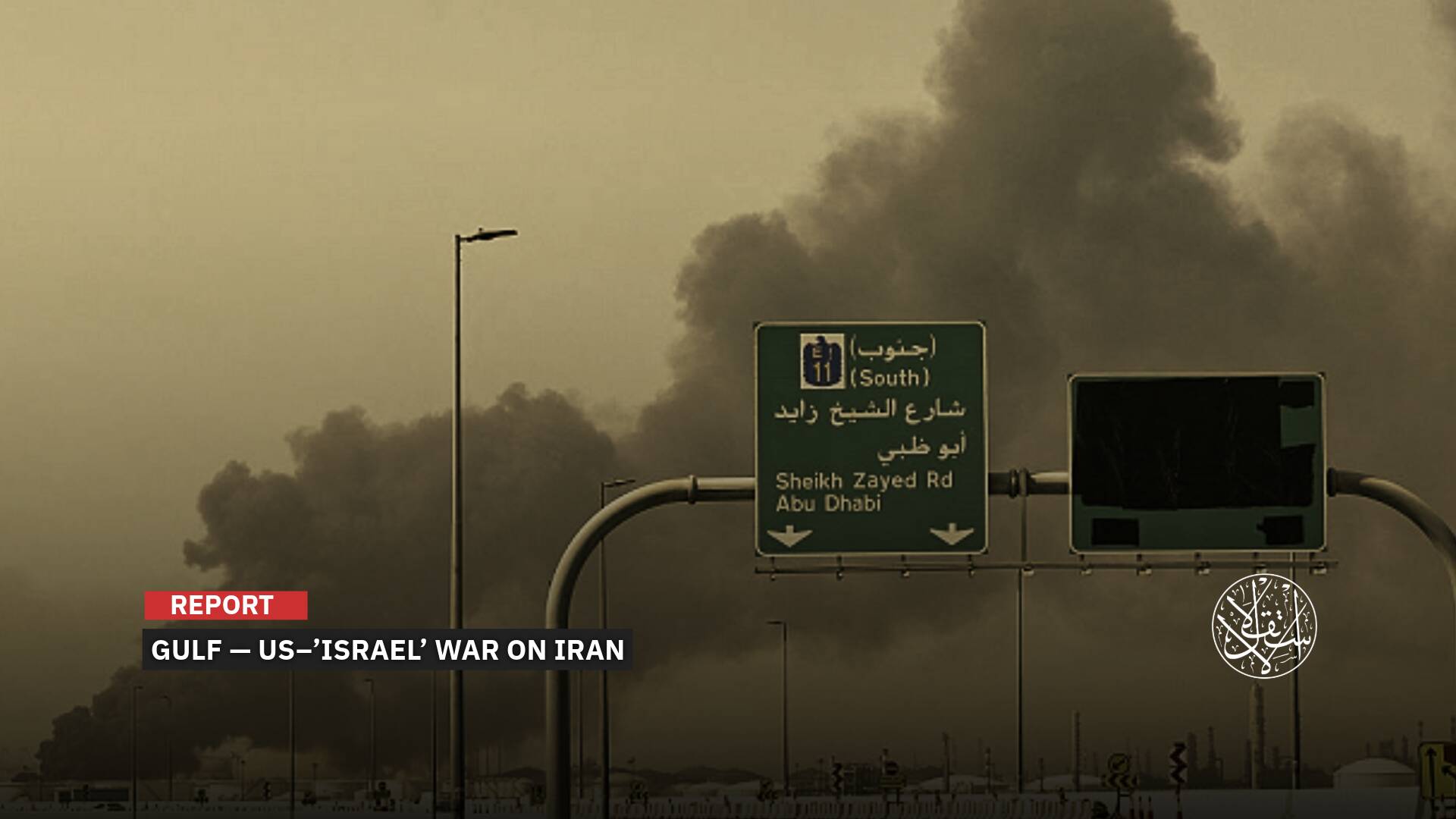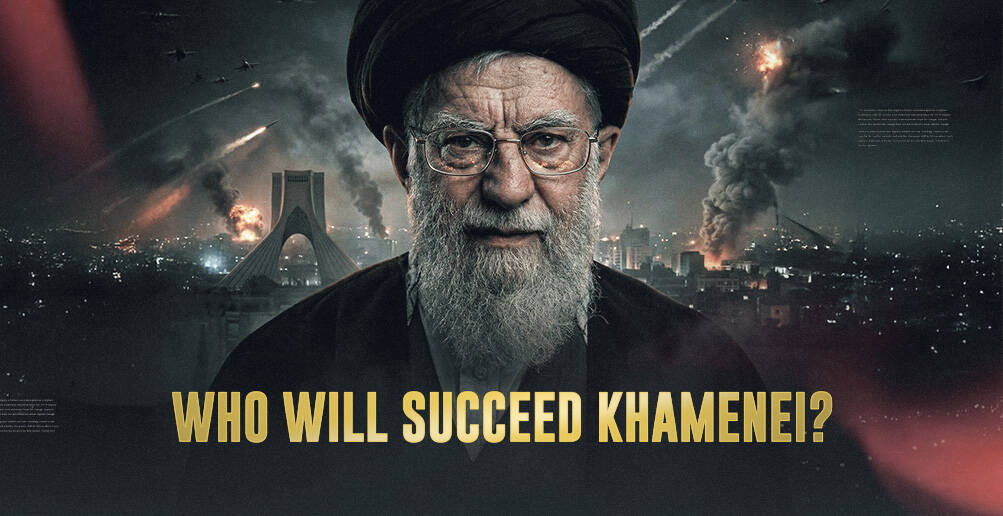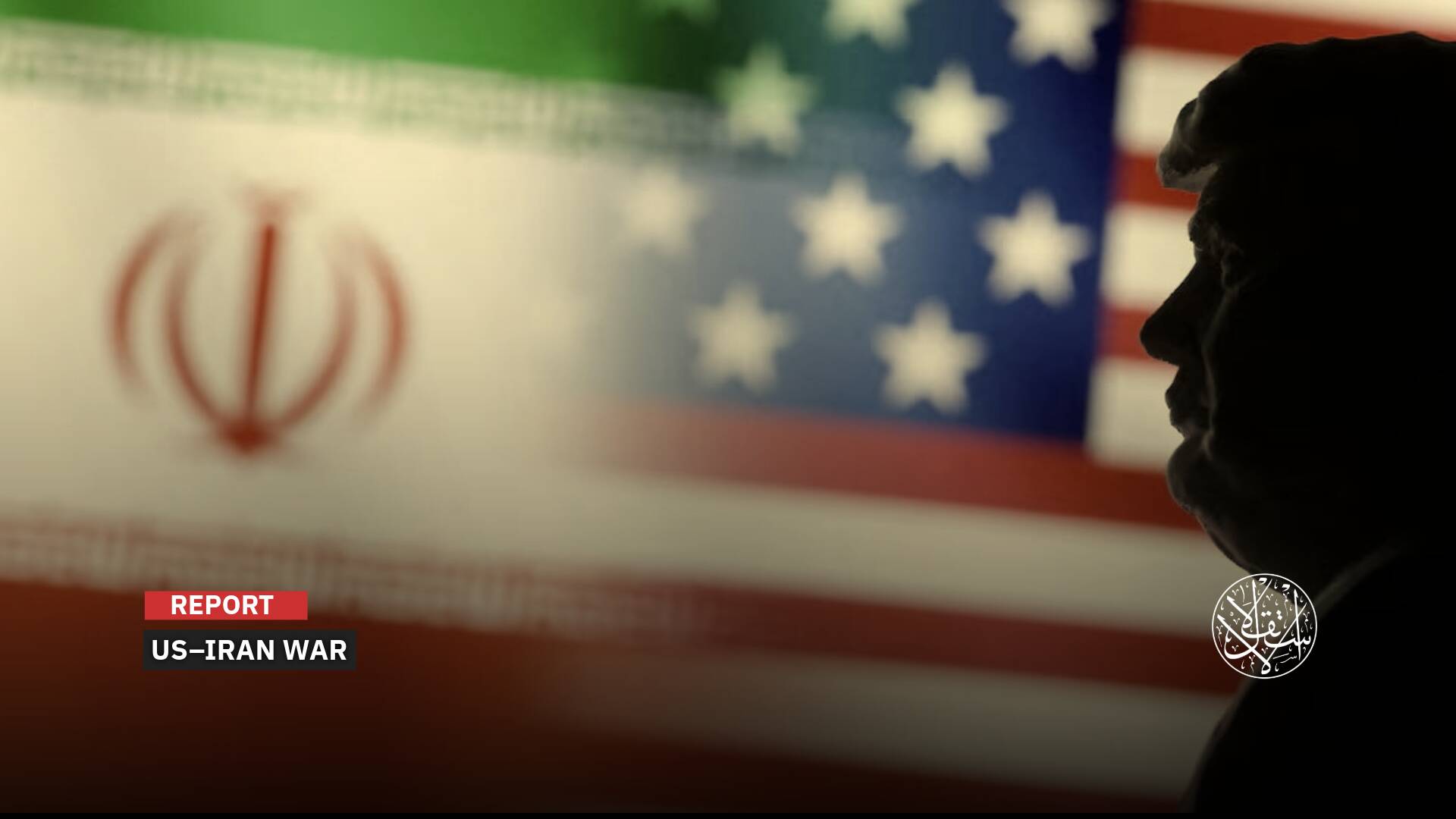After Normalizing Relations With Iran, Will Saudi Arabia Succeed in Investing in the Iraqi Agricultural Sector?

Saudi Arabia is once again attempting to invest in the agricultural sector in Iraq, following several unsuccessful attempts to enter this important industry in the country. However, forces allied with Iran have strongly opposed these efforts, leading to Riyadh’s withdrawal from proposed projects.
One of the most notable among these initiatives was Saudi Arabia’s endeavor to invest in agriculture in the Iraqi desert near its borders in 2020. However, this endeavor failed to materialize due to opposition from Iran’s allies in Iraq, casting doubts on the feasibility of the current endeavors under somewhat distinct circumstances.
Saudi Arabia’s current attempt to invest in agriculture in Iraq comes after the resumption of normalized relations between Riyadh and Tehran on March 10, 2023, after a rupture between the two countries in 2016 following the burning of the kingdom’s embassy in Tehran and its consulate in the city of Mashhad in response to the execution of Shia cleric Nimr al-Nimr.
New Talks
In a new attempt by Riyadh, a delegation from the Saudi Ministry of Investment and the Saudi Fund for Development visited Iraq and met with the Iraqi Minister of Agriculture, Abbas Jabr al-Aliyawi.
The latter was quoted as saying that “the meeting discussed the prospects of cooperation between Iraq and Saudi Arabia in the agricultural sector and the entry of Saudi companies to invest in the country.”
The minister also emphasized that “Iraq’s need for investment is not limited to agriculture only, but extends to modern machinery, drip irrigation systems, clean energy, and others, which opens the door for the participation of various countries and companies in the developmental process in the country.”
On the other hand, the Saudi delegation expressed the desire of Saudi companies to enter the Iraqi market and invest in it, as well as to participate in many of the projects that were discussed.
The head of the Saudi delegation, Mishaal bin Khaled al-Hathal, a representative of the Ministry of Investment, expressed his country’s readiness to cooperate effectively with the Iraqi side in the success of the investment file between the two countries.
During its participation in the joint meeting, the Iraqi Investment Authority discussed the nature of agricultural investment projects and the possibility of concluding bilateral agreements with Saudi companies specialized in agricultural investment.
The meeting reviewed aspects of the investment file prepared by the Directorate of Agricultural Investments at the Iraqi Ministry of Agriculture and explained some of the opportunities available in terms of land and water quotas.
These talks come days after the Iraqi Ministry of Commerce announced that it had received Saudi proposals regarding the development of agricultural investment prospects in Iraq.
The spokesman for the Iraqi Trade Ministry, Mohammed Hanoun, confirmed to the official Iraqi news agency on March 30, 2023, that Iraq had received a package of Saudi proposals aimed at developing Iraqi agriculture.
The official spokesman revealed ongoing discussions between Baghdad and Riyadh to cultivate vast areas of land near the Saudi borders. In October 2022, the kingdom allocated about $24 billion for the development of various sectors in Iraq.

Sandstorm
Regarding the success of the Saudi attempt this time, especially after reaching a settlement with Iran, Iraqi political researcher Hamed al-Obaidi said that “agricultural reform means stopping the money-laundering process represented in stripping and buying lands in Iraq.”
Al-Obaidi added to Al-Estiklal that “the government is affiliated with the Shia coordination framework close to Iran, and no matter how much there is confidence in Prime Minister Mohammed Shia al-Sudani’s steps to succeed his government politically, the economic and security file, not the sovereignty, is the governing one.”
The researcher believed that “the Iranian-affiliated forces in Iraq fear US sanctions, but the Gulf Cooperation Council is not an effective tool to impose sanctions on it if Saudi interests are sabotaged.”
Al-Obaidi pointed out that “Shia forces in Iraq are a sandstorm to thwart any successful international political, economic, or military move, whether from Gulf states or others, and the most important and successful documents are in the custody of Qom, not Tehran, meaning that they are with the Iranian Shiite religious ideologue, so the settlement with Saudi Arabia will not affect anything.”
Based on that, al-Obaidi expected that “the Saudi investment attempt in the agricultural sector in Iraq will fail because Iranian-affiliated forces will not allow their ally to lose the trade route for agricultural products, even if it is at the expense of their country, and this has been happening since 2003 until today.”

Previous Attempts
Saudi efforts to enter agricultural investments in Iraq began after the resumption of diplomatic relations between the two countries in 2015. Memoranda of understanding and cooperation were signed in various sectors, including agriculture.
In 2018, during the era of former Iraqi Prime Minister Haider al-Abadi, discussions were held between the two countries to replicate successful Saudi experiences in various countries. Saudi Arabia expressed readiness to invest in the Iraqi desert near the Saudi borders, but these ideas did not materialize.
In 2019, Saudi company Almarai offered to establish investment projects in an area of 1.7 million dunams in the Iraqi desert, including agriculture, animal husbandry, and food industries, but it did not come to fruition.
With the growing relations between the two countries during the era of former Prime Minister Mustafa al-Kadhimi in 2020, the most prominent agricultural project that Saudi Arabia intended to implement appeared, by investing in the Iraqi desert through the Anbar desert, Najaf, Karbala, and Muthanna (Samawah desert) regions, with an area of one million hectares, providing more than 60,000 job opportunities.
The project included the establishment of green barriers over vast areas by planting more than 10 million palm trees, as well as the establishment of residential, industrial, and cattle farms.
However, Saudi companies announced in November 2020 the cancellation of their agricultural investment plans after a campaign launched by Iranian-backed Iraqi entities, citing water scarcity in Iraq as a pretext.

In a move that hinted at the rejection of Saudi agricultural investments in Iraq, the Popular Mobilization Forces (PMF)—which includes many militias loyal to Iran—announced a project to plant one million palm trees in the desert of Samawah in the southern Muthanna province adjacent to the kingdom.
The project is being carried out by the Muhandis General Company (Sharakat al-Muhandis al-Amma), a subsidiary of the PMF. The first phase of the project began on March 21, 2021, with the planting of 20,000 palm trees, using modern irrigation methods and clean energy.
According to a statement by the PMF, the project being implemented in the southern Samawah desert aims to take advantage of the vast areas of arable land and transform the desert into a food basket for Iraq, as well as provide many job opportunities for the unemployed.
Sources
- It is adopted by the General Engineer Company, the popular crowd begins to plant one million palm trees in the Muthanna desert [Arabic]
- After pressure from Iran's allies, did Iraq back down from granting investments to Saudi Arabia in the Samawah desert? [Arabic]
- How does the agreement between Saudi Arabia and Iran affect the situation in Iraq? [Arabic]
- The Minister of Agriculture is discussing with a Saudi delegation cooperation in the field of investment [Arabic]
- The Investment Authority urges qualitative partnerships [Arabic]
- Saudi Arabia and Iran agree to resume their diplomatic relations after years of estrangement [Arabic]













